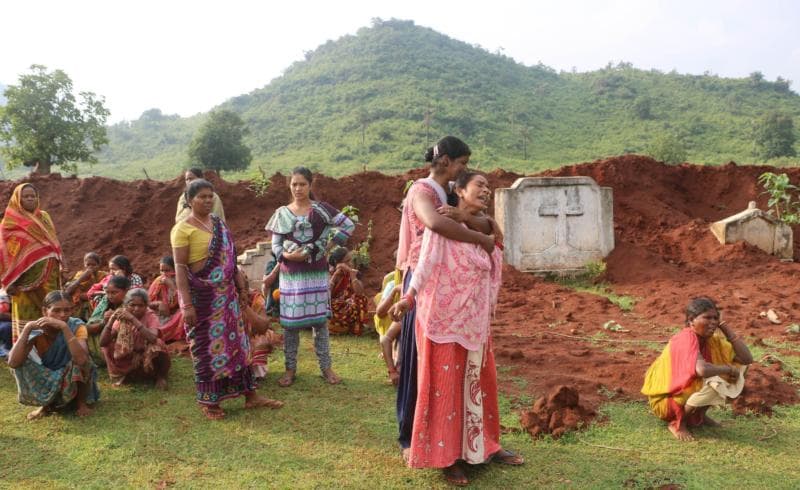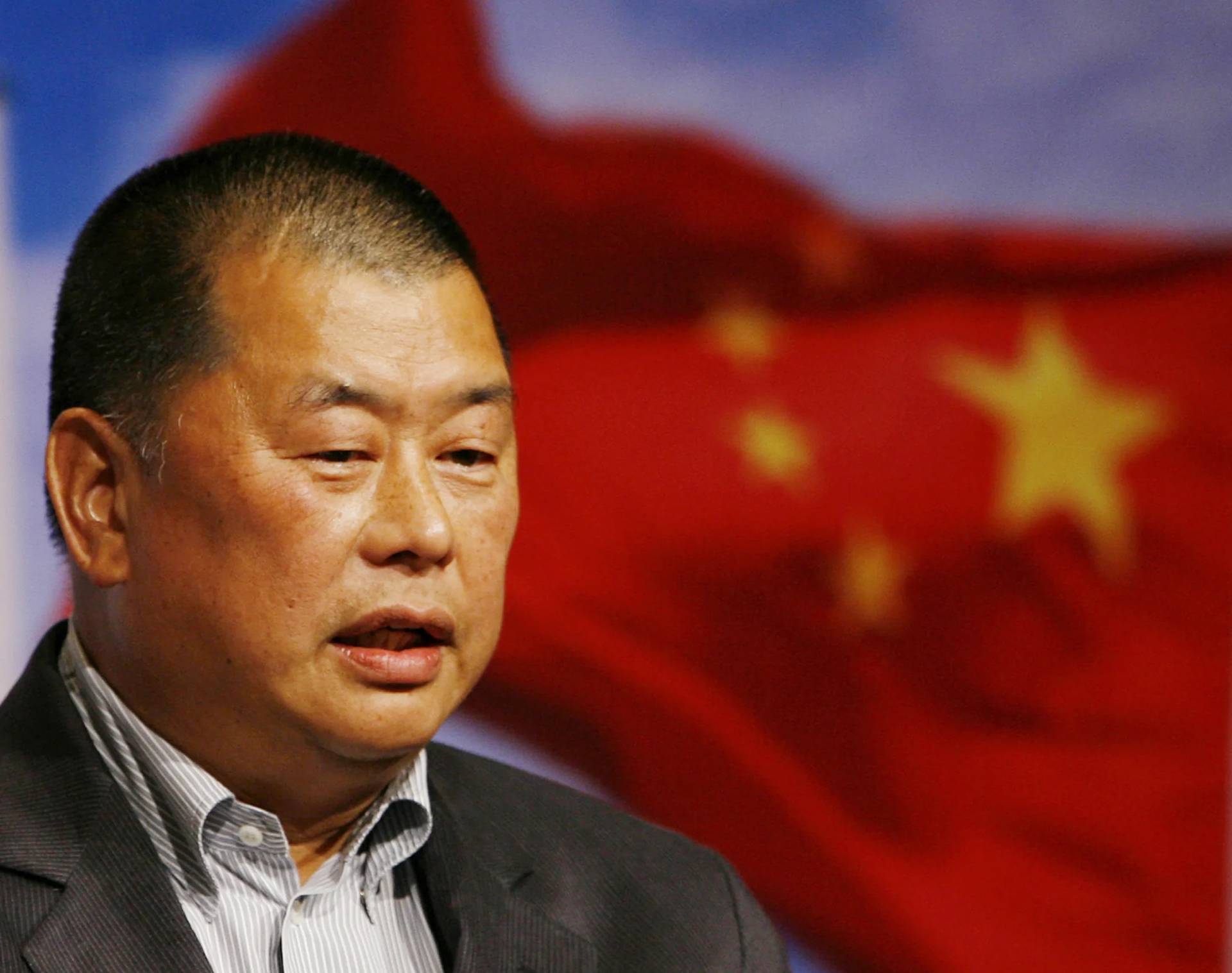MUMBAI, India – According to Archbishop John Barwa, Kandhamal is growing in faith, the people have no fear, and they can face any challenge with faith and trusting in God.
On August 25, Christians around India are marking Kandhamal Day, commemorating the 11th anniversary of the worst anti-Christian attacks in the country’s history.
Kandhamal is a district of the eastern Indian state of Odisha, formerly known as Orissa, where an orgy of violence descended upon the impoverished Christian minority in August 2008.
A series of riots led by radical Hindus left roughly 100 people dead, thousands injured, 300 churches and 6,000 homes destroyed, and 50,000 people displaced, many forced to hide in nearby forests where more died of hunger and snakebites.
The mobs had been incensed by rumors that Christians had killed a local Hindu holy man. (It later emerged that the holy man had actually been assassinated by Maoist guerillas in the area.)
RELATED: ‘Public hearing’ held in India on 2008 anti-Christian attacks
“They burnt our people, our houses, our churches, but the fire of the Holy Spirit filled our people with a burning love for Jesus and the Church,” Barwa, the archbishop of Cuttack-Bhubaneswar, told Crux.
The riots hit the archbishop close to home: Barwa’s niece, Sister Meena Lalita Barwa, a Catholic nun of the Servite order, was in Kandhamal when she and a local priest were dragged into the streets by frenzied attackers shouting, “Kill Christians!”
She was raped by at least one member of the mob before being paraded through the streets to the howls of the crowd.
“The incident and case remain as thorn in the flesh, for not to cry or brood over or wail but day by day to be thankful to God,” Sister Meena told Crux. “My conviction of living this life meaningfully and happily and thank God; I say this because He has kept me alive to thank Him. I know that God’s blessing is there in suffering itself.”
The nun said that during the attack, she experienced “total and real poverty in spirit and in action; except for a piece of cloth on my body, nothing was left.”
“My chastity devastated, and I surrendered myself completely to God in obedience. That moment, God has healed me, purified me: I found security in Him, I experienced that I am His beloved child, I understood the meaning of suffering and love, I understood God’s love for me and my love for Him. As this day arrives once again this year, for me it’s time to receive a pouring of grace from God and to be anchored by Him,” she continued.
“I fondly remember my sisters and brothers in Kandhamal who still suffer and have greater faith. Yes our faith and hope is stronger, knowing that God will never let us down,” Sister Meena said.
Kandhamal has a population of around 730,000, about 80 percent of whom are “Tribals,” meaning members of one of India’s indigenous groups, and 20 percent “Dalits,” meaning the “untouchables” under the ancient caste system.
Both Tribals and Dalits have long been at the bottom of society in terms of income, literacy, and life opportunities, and, in one of the typical pathologies of poverty, tensions between the two groups are common.
Christians are about 20 percent of the total population of the district, and are almost entirely Tribal and Dalit, and they still suffer discrimination and harassment to this day.
RELATED: Pope cites Indian prelate’s tale of modern-day martyrdom
However, Barwa said his people are proud to be from Kandhamal and pointed to the large number of vocations the district produces.
“In nearly every religious congregation in India, there is at least one religious priest or sister from Kandhamal, or seminarian and novice/candidate from Kandhamal,” the archbishop told Crux.
“This shows that there is growing faith in Kandhamal, and this seed of faith is giving rise to a new spring time of vocations from Kandhamal to the Church in India,” he said.
“For the Church in Odisha and Kandhamal, it is a great sense of pride that our young boys and girls are happy to serve the Church in India through their vocational calling. They are unafraid, they are filled with zeal to serve,” Barwa added.
In August 2016, India’s Supreme Court ordered the state government to re-investigate 315 cases of violence reported during the riots, where police did not follow up on reported crimes, or the perpetrators were not prosecuted.
The 315 cases concerned are instances in which reports were made to the police but were not followed through or did not result in prosecution of the offenders.
The court also said the compensations that were paid to some of the victims were inadequate and ordered restitution to be paid to anyone injured during the riots.
Barwa told Crux he has recently filed a review petition for those who have not yet received any compensation.
“The public interest litigation is still pending and expecting good orders for the victims. Reopening cases and criminal appeals are also very challenging at this moment,” he said.
The criminal appeals the archbishop was referencing involve the seven innocent Christians in jail for the murder of the Hindu holy man, despite the fact Maoist militants admitted to the assassination.
Earlier this year, two of the men were finally released on bail, after nearly 11 years behind bars.
“But we cannot rest or rejoice until all our innocent are free,” the archbishop said. “Innocents are jailed, and the guilty are roaming around scot free. I will be happy when all our people are set free and the culprits are brought to justice and face the law.”
RELATED: If Pope wants to honor martyrs, fast-track their sainthood causes
In 2016, Barwa began the process to declare 100 of the Kandhamal victims to be martyrs and is still collecting documentation to eventually send to the Vatican.
“This is a sacred and joy-filled task, a priest – Father Purushottam Nayak – is appointed, he is collecting evidence,” the archbishop said.
Crux is dedicated to smart, wired and independent reporting on the Vatican and worldwide Catholic Church. That kind of reporting doesn’t come cheap, and we need your support. You can help Crux by giving a small amount monthly, or with a onetime gift. Please remember, Crux is a for-profit organization, so contributions are not tax-deductible.














